Y'all remember beauty YouTuber xsparkage. She's the one who bravely called out Evie Blender after the brand demonstrated some sketchy PR practices in her comment section.
She's still cranking out videos and rightfully pointing out when beauty brands do something that makes her uneasy. This week, she's brought some very alarming behavior from fan favorite Stila to light, and I genuinely can't believe this keeps happening.
But digital blackface just won't go away.
Leesha, known by her YouTube moniker xsparkage, recently saw some promotional swatches for a new collection of Stila Cosmetics Glitter & Glow liquid eye shadows and had to call them out on YouTube.
This line, dubbed the Little White Lies collection, is currently an exclusive to Ulta Platinum Rewards members.
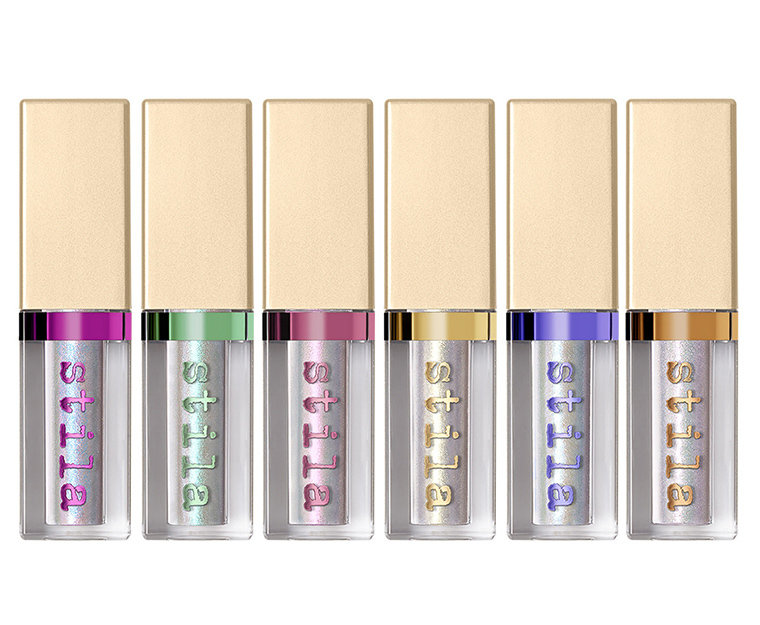
When the brand-supplied swatches of all six shades appeared on veteran beauty blog Temptalia, they immediately made her stomach churn.
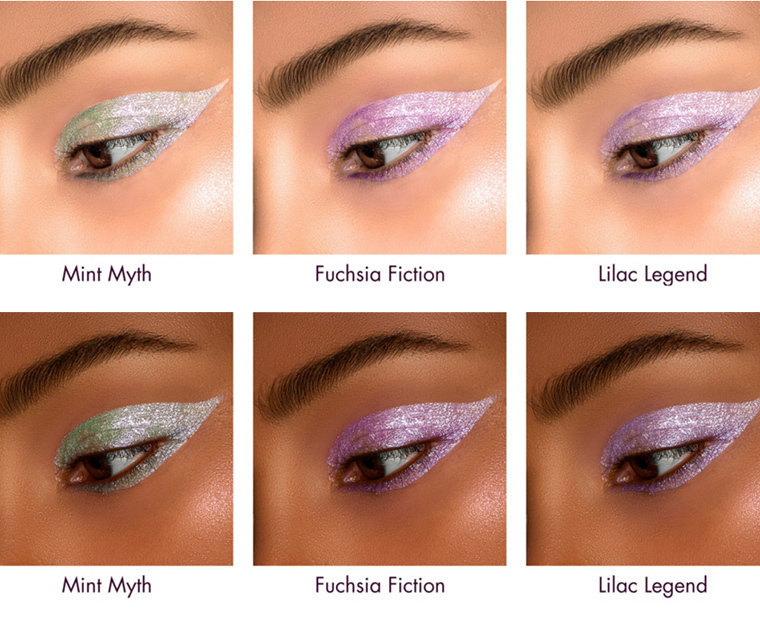
Because although each shade was seen on two drastically different skin tones, something about the swatches was just off.
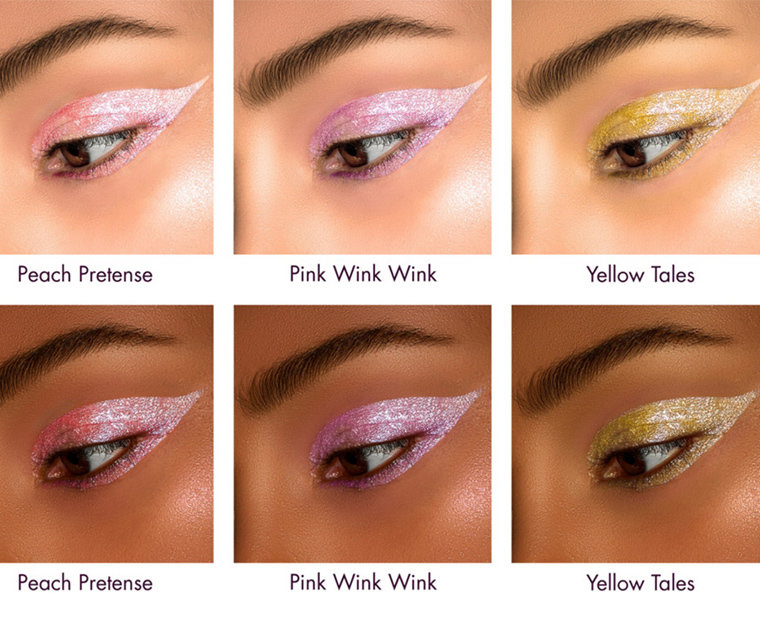
As Leesha pointed out, the product consistency, eyelashes, and brow hairs are an exact match on both models.
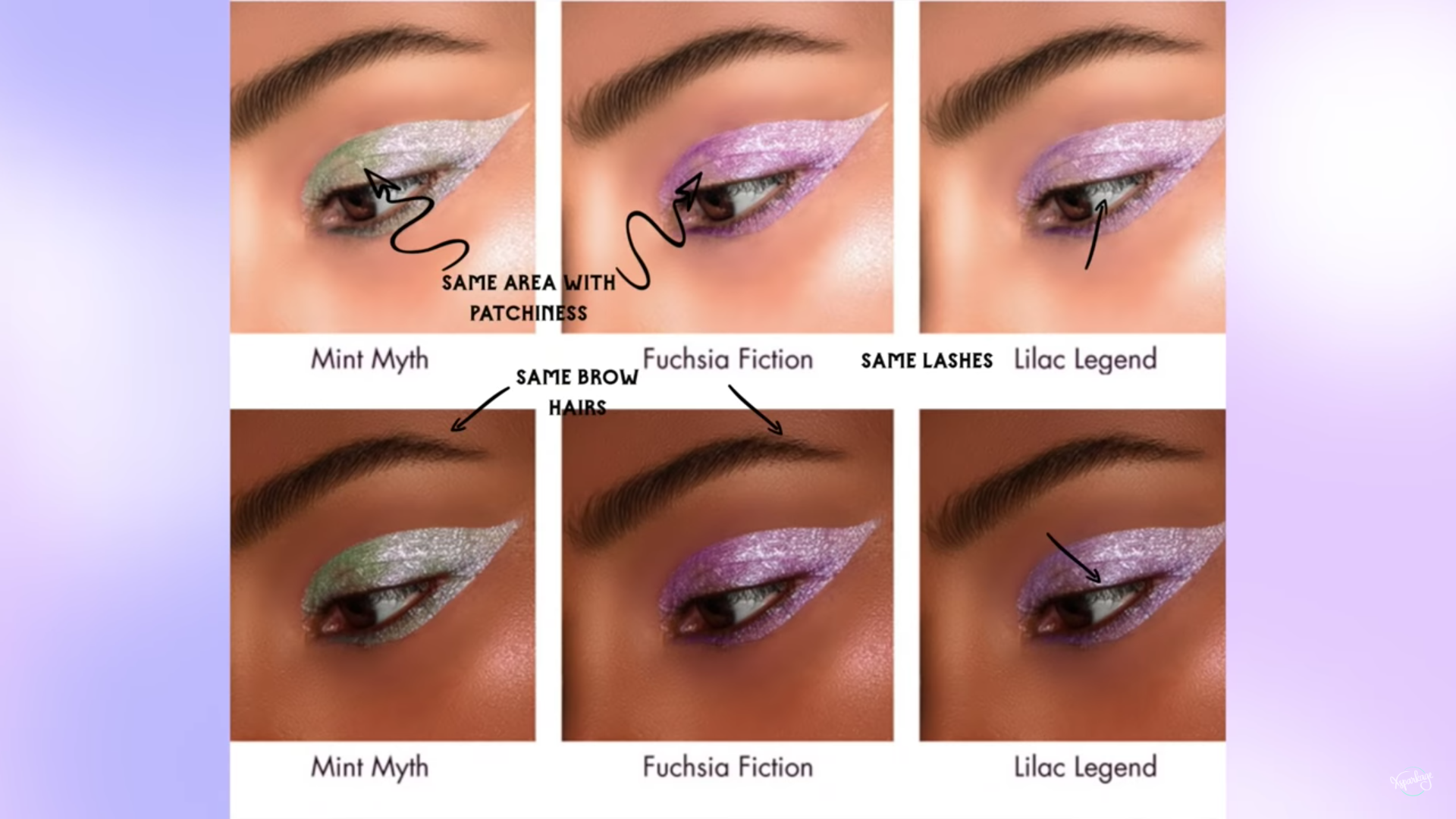
Which means one of these models had to have been the work of some very intentional Photoshop.
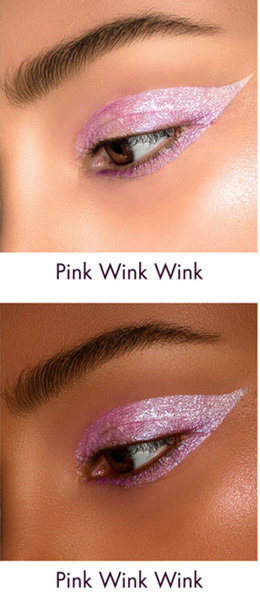
After Leesha brought this up on YouTube, Stila quickly admitted to and apologized for using Photoshop on Twitter and Instagram and called the "unapproved" images a "creative mistake."
Stila also provided the images that were allegedly intended for use — which suggest the brand Photoshopped a dark model to appear lighter rather than the other way around.
"We apologize that an unapproved image which was not reflective of the brand or collection was recently featured," the brand wrote alongside the Photoshopped images in question.
"Over the next few days we will be sharing a full range of images from the campaign that truly reflect what we stand for."
"As a brand we support all ethnicities and skin tones to celebrate individual beauty and apologize if our creative was not representative as such."
In her video, Leesha perfectly sums up why this practice of drastically digitally altering models' skin is not just annoying but entirely unacceptable.
The annoying part is that this dissolves all trust that the product can actually perform on multiple skin tones.
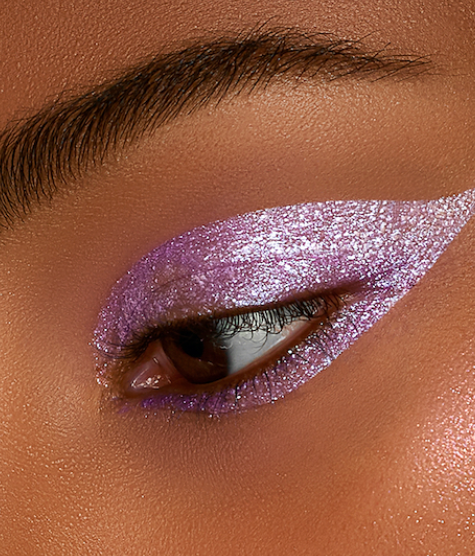
How are we supposed to know the product works as advertised if it's blatantly clear the models showcasing it are practically fictional?
The unacceptable part is that skin tone altercation like this is almost aways used to make white models appear darker. This practice that's still too common is stripping models of color of job opportunities and making advertising material far less representative.
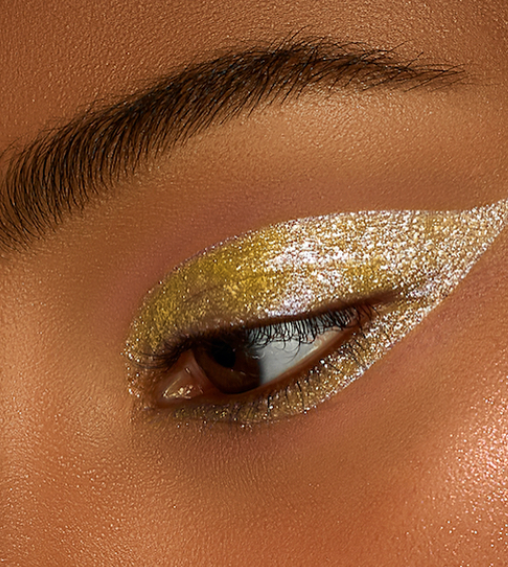
More than ever, beauty and fashion brands have been using CGI models and a practice dubbed "Photoshop blackface" to appear diverse on the surface — and to appeal to people of color without actually hiring them.
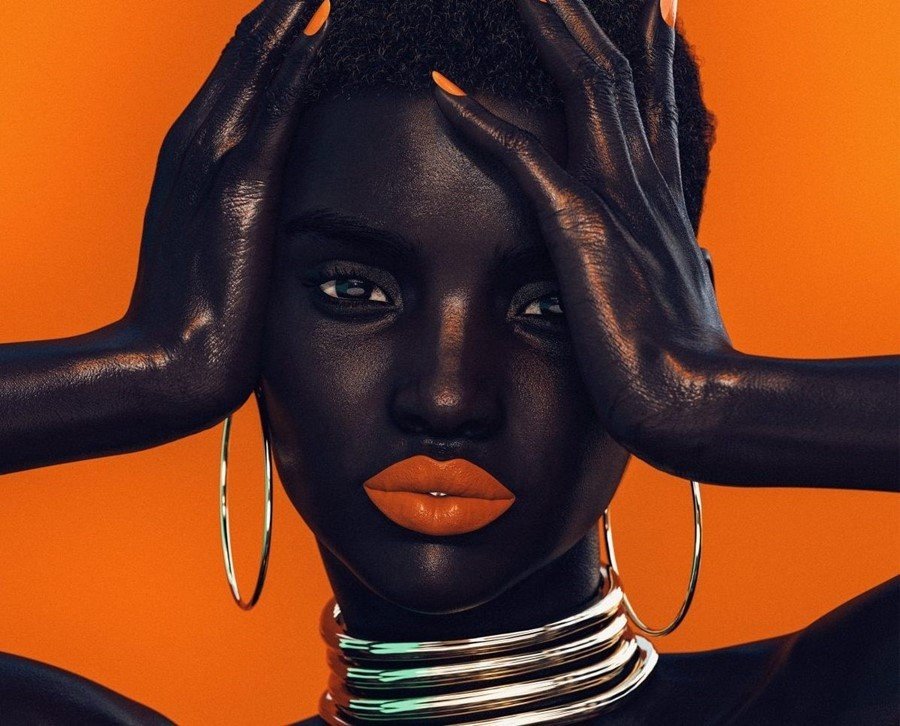
And that idea suggests Black women are a thing to be used as a tool to sell products and make a good impression rather than human beings to be valued and paid fairly for their work.

And I can't believe I have to say this, but that's *rips out megaphone* NOT OK BY ANY MEANS NECESSARY.
Beauty brands, do better, please.




